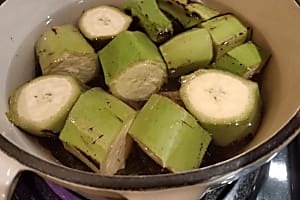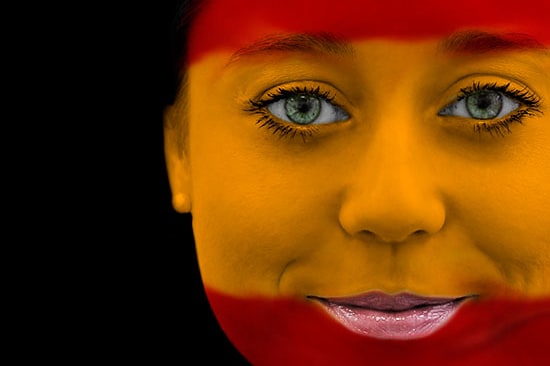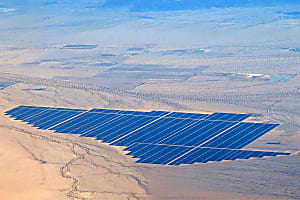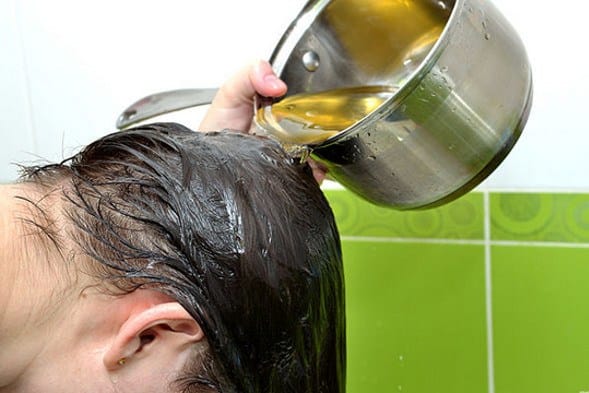NEW DELHI: Even as
Karnataka gears up for state elections and even as the
Tamil Nadu government teeters due to factional infighting, all eyes are on today's expected
Supreme Court (
SC) verdict on the decades-old festering dispute over the waters of the Cauvery river between the two states.
The verdict will be on petitions filed by Karnataka and Tamil Nadu against the final order of the Cauvery Water Disputes Tribunal (CWDT).
Both states are unhappy with the Cauvery Water Disputes Tribunal's (CWDT) February 5, 2007 verdict. After a marathon hearing on September 20, 2017, a three-judge bench of the SC reserved its verdict on the appeals filed by Karnataka, Tamil Nadu and Kerala against the 2007 award of the CWDT.
Here is the dispute explained in 10 points:
1. The Cauvery basin
The Cauvery river originates in Karnataka's Kodagu district, flows into Tamil Nadu, reaches the Bay of Bengal at Poompuhar. Parts of three Indian states - Tamil Nadu, Kerala, and Karnataka - and the Union Territory of Pondicherry lie in the Cauvery basin.
2. A dispute that pre-dates Independence
The legal dispute over the waters of the Cauvery has a long history, and has its origins in agreements signed in 1892 and 1924 between the erstwhile princely state of Mysore and the Madras Presidency. The Centre constituted the Cauvery Water Disputes Tribunal (CWDT) in 1990 to resolve the dispute following a Supreme Court order. The tribunal gave Tamil Nadu 205 tmcft (thousand million cubic feet) in an interim order in 1991.
3. The 2007 CWDT award
In 2007, the tribunal declared its final award, in which it said Tamil Nadu should receive 419 tmcft of water, more than double of the interim order. Karnataka wasn't pleased. The award required Karnataka to release 192 tmcft of water to Tamil Nadu in ten monthly instalments every year. The Centre made the notification of the award public only in 2013, after the Supreme Court ordered it do so.
4. Both States unhappy
Before the 2007 order, Tamil Nadu had asked for 562 tmcft - roughly three-fourths of the water available in the Cauvery basin - and Karnataka had asked for 465 tmcft - around two-thirds of the available water.
5. August 2016: Tamil Nadu goes to the SC
The Tamil Nadu government sought the SC's intervention, saying that there was a deficit of 50.0052 tmcft of water released from Karnataka's reservoirs, with respect to the minimum limit prescribed by the CDWT. Tamil Nadu claimed the tribunal's award was erroneous as the allocation of water was based on cultivation of just one crop. It contended that two crops are cultivated in the state. The state said its farmers needed more water to begin cultivating samba - a kind of rice grown in the state. The Karnataka government responded by saying it wouldn't be able to release any more Cauvery water, as low rainfall during the monsoon had left its reservoirs half-empty.
6. September 2016: SC order sparks agitation in Karnataka
On September 5, the SC ordered Karnataka to release 15,000 cusecs of Cauvery water to Tamil Nadu every day for 10 days. A day later, Karnataka's Mandya, Mysuru and Hassan districts witnessed intense and often violent protests. Karnataka chief minister Siddaramaiah said his government would have to release the water, but with "a heavy heart". He added the state would file a petition in the SC seeking modification of the order.
On September 20, the SC reserved its verdict on the appeals filed by Karnataka, Tamil Nadu and Kerala against the 2007 award of the CWDT, after a marathon hearing
7. January 2018: SC says verdict soon
On January 9 this year, the SC indicated it would deliver within a month its verdict on the decades-old Cauvery water dispute, saying enough confusion has been created on it for over two decades. The top court also said that no forum could touch the matter relating to the Cauvery basin, until it gave its verdict.
8. January 2018: TN CM's appeal for water turned down
Tamil Nadu chief minister Edappadi K Palaniswami's appeal to immediately release 7 tmcft of Cauvery water was turned down by Karnataka CM Siddaramaiah.
"After reserving the minimum needs of drinking water supply and perennial crops, Karnataka can release at least 15 tmcft of water that is crucial for the standing crops in the Cauvery delta," said Palaniswami in a letter to Karnataka, explaining why the state needed water.
Karnataka said, "no".
"How can we release water when storage levels in our reservoirs in the Cauvery river basin are low? There is no question of releasing water now," chief minister Siddaramaiah told reporters in New Delhi. He also referred to the impending SC verdict on the Cauvery water sharing row and stated that the state government will prefer to wait for the verdict.
9. 3-judge bench delivers verdict today
A three-judge bench headed by Chief Justice Dipak Misra delivers the unanimous verdict this morning. At a cabinet meeting yesterday, Karmataka ministers told the CM they were hoping to get an additional 40tmcft. The verdict will be on petitions filed by Karnataka and Tamil Nadu against the final order of the Cauvery Water Disputes Tribunal. Karnataka was the first to challenge this award in the SC and was quickly followed by Kerala and Tamil Nadu.
10. February 2018: Heavy security in Karnataka
Anticipating trouble following the SC's final verdict, elaborate police arrangements have been made in Bengaluru. Police commissioner T Suneel Kumar told TOI that 70 platoons of the Karnataka State Reserve Police and 30 platoons of City Armed Reserve will be deployed across the city.
In Mandya, security is being beefed up. AS many as 25 state police platoons, 20 district armed reserve police platoons, and 50 striking forces are deployed across the district. As many as 1,300 police personnel led by eight deputy superintendents of police, 25 circle police inspectors and 60 police sub-inspectors will be drafted for security.
(With inputs from Agencies)



















All Comments ()+^ Back to Top
Refrain from posting comments that are obscene, defamatory or inflammatory, and do not indulge in personal attacks, name calling or inciting hatred against any community. Help us delete comments that do not follow these guidelines by marking them offensive. Let's work together to keep the conversation civil.
HIDE